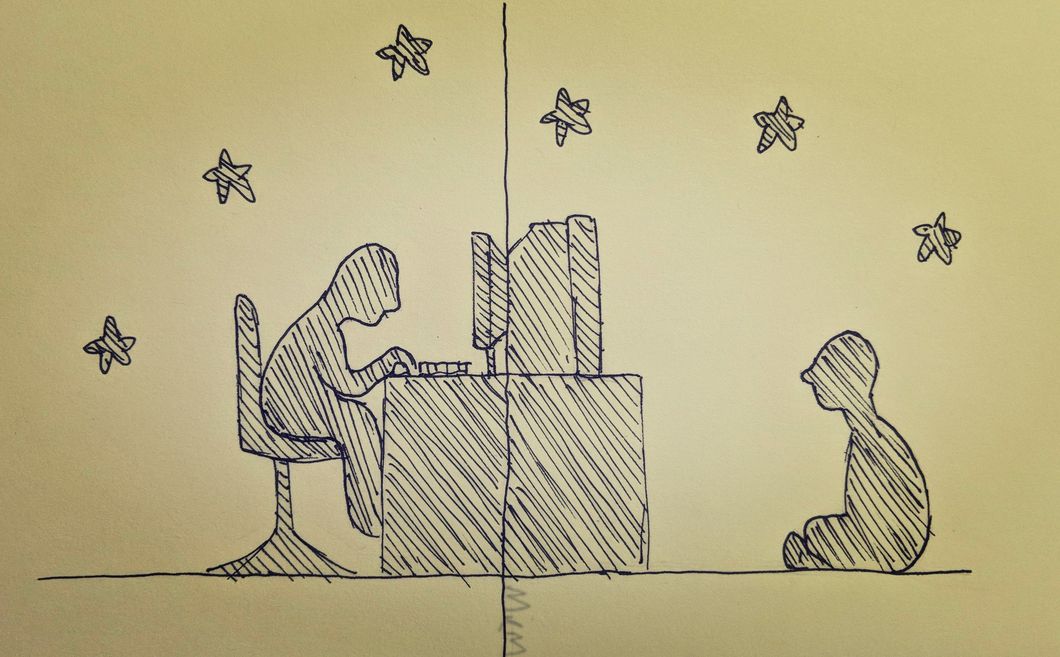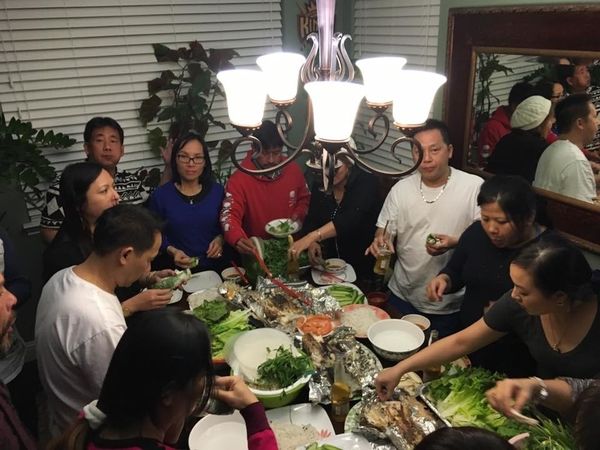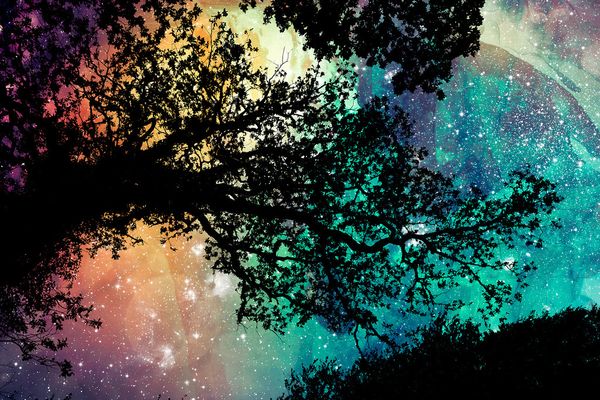In the late 1800s, Sir Arthur Conan Doyle was renowned for his work on the Sherlock Holmes stories, which captivated tens of thousands of readers across the United Kingdom who delighted in Holmes' incredible wit. But Sir Doyle felt differently. He was proudest of his historical fiction works, and he began to feel that Holmes, was taking up too much space in his life and career. So, in 1893, in The Adventure of the Final Problem, he slayed Sherlock Holmes in the majestic Reichenbach Falls of the northern Swiss Alps.
The reaction of the public was visceral and immediate. Twenty thousand anguished readers canceled their subscriptions to the monthly UK magazine that published the stories; Doyle received innumerable pleas, rants, and even threats from readers who could not fathom an end to a character with whom they connected so deeply. And so Holmes was begrudgingly resurrected by a writer who was now compelled to create by outside forces.
A truly immersive, engaging creative work yields an audience just as immersed and engaged; one of the great powers of art is that it elicits passion and feeling. The work begins to operate independently of its creator, and indeed the fans treat the work as its own entity, taking ownership of, coveting, and defending the art with which they identify. One party has, in theory, immediate agency and choice, while the other anxiously awaits already-made decisions. And yet when fans riot it is heard, and writers respond. Because both parties hold power over the other, both parties bear responsibility in the creative process.
There is an idea of fans devoting insane amounts of time to something that cannot give back to them, but there is something beautiful to these communities in which people connect over a piece's underlying values and assertions. The art can be their voice and help people feel seen, and likewise, fans can see value in art where others do not. An outstanding case is that of Joss Whedon's "Firefly," the 2005 live-action space western whose episodes were aired out of order by Fox. Viewers saw the potential of a show whose chronicle was destroyed by the disregard of its mother network and lobbied successfully for its proper return, fueling the expansion of the unique franchise that still has a cult following today. That is not an obsession, but mass passion and rejuvenation. It is a collective way of living, thinking, and consuming art.
There are times when fans are in a position to hold creators accountable, particularly with adaptations and continuations of standing sagas. Rian Johnson, nine months after the release of Star Wars: The Last Jedi, is still receiving death threats, faceless Twitter invective, calls to remove his film from canon, and even a campaign for a fan remake. Faithful fans ensure that newcomers maintain the thesis, staying true to what lies at the heart of the franchise. In this manner, fans are largely, perhaps inadvertently, responsible for the trajectory of the art they follow. They can push writers in directions they must go. But they can also pull them away from the possibility.
Then there is the artist, the person who embarks upon a creative process not necessarily to placate viewers but to articulate an idea. Writers serve the craft and the inklings they chase. Art is such a deeply personal endeavor but, as we've discussed, it assumes itself. "Game of Thrones" exemplifies this, as its parallel universes—one written by creator George R. R. Martin and the other adapted for TV and inspired by, but not tethered to, Martin's writing—unfold separately. Upon releasing their work and bearing their souls, creators enter a public space, and therefore they gain the responsibilities of ensuring that what they show is fair, true to itself, representative, and meaningful in a global climate where people struggle to feel seen. Knowing how personal and influential art can be, the creator must be aware of the statements being made and the potential effects upon the consumer; and in inheriting a saga, the responsibility to serve the work is even taller as creators must simultaneously honor what came before. In this vein, does the expansive nature of creating take away the writer's agency and choice?
Central to the passion of both parties is art, and perhaps this is ultimately where the responsibility lies: responsibility to the work. How can we foster creativity and a healthy artistic space? Sharing and respect are at the core of this artistic exchange as both sides bear their souls, displaying, consuming, and sharing art. This is the glory of the trade—the goal is quite simply the promotion of works that speak to the soul and feel important. These are people devoted to peaceful expression, and ideally, they see to it that space remains peaceful and free, reflecting the aims of the craft rather than imposing limitations... for creation is meant to transcend, not to constrict.



















